Chai Chronicles: Exploring the Tea Culture in India
Tea is deeply
ingrained in Indian culture. The aromatic cup of chai is an integral part of
daily life for millions nationwide. From the spiced milk tea of the north to
the solid black teas of the south, the chai culture of India is as diverse as
the nation itself. Let's explore the fascinating world of Indian tea.
Types of Tea Cultivated in India
India is one of the
largest tea producers in the world. Both black and green tea are cultivated,
mainly in the northeastern states of Assam and the southern states of Tamil
Nadu and Kerala.
Assam Black Tea
This full-bodied
tea with a malty flavor is grown in the Brahmaputra valley of Assam. Assam's
rich soil and climate produce teas prized for their briskness and strong taste.
Assam tea is used in many famous black tea blends around the world.
Darjeeling Black Tea
Known as the
"Champagne of teas", Darjeeling tea comes from the Himalayan
foothills of West Bengal. With a mellow, fruity taste, Darjeeling is considered
one of the finest black teas globally. Based on the plucking season, the teas
grown on specific estates are classified as First Flush or Second Flush.
Nilgiri Black Tea
Nilgiri tea
originates from the Nilgiris or Blue Mountains in southern India. It has a
fragrant, delicate flavor. The tea grown at higher elevations in Nilgiris is
reminiscent of the taste of Darjeeling tea.
How is Chai Prepared and Consumed
While green teas
are often consumed plain, black teas are commonly prepared with milk and
spices. This spiced milk tea is called "Chai" in India. Here are some
signature ways chai is prepared across the country:
Masala Chai
A flavorful blend
of black tea infused with aromatic spices like ginger, cardamom, cinnamon,
clove, and black pepper. This warming, savory cup of tea is popular across
North India. Milk and sugar balance out the spicy taste.
Adrak Wali Chai
This is masala tea
amped up with the addition of freshly grated ginger or adrak. It is the
ultimate comfort drink popular in North India during winters. The heat of
ginger blends wonderfully with black tea.
Sulaimani Chai
In South India, tea
is brewed strong, often without milk. Sulaimani chai is black tea brewed with
lemon juice as the only addition. This allows the robust flavor of tea to shine
through.
The Chai Ritual
Chai is not just a
drink in India - it is part of cultural and social rituals. Sipping chai
throughout the day in the home or office is customary. Every meeting,
celebration or get-together is complete with cupfuls of this quintessential
beverage.
Chai breaks the ice
during social interactions. Sharing chai forges bonds and signifies
hospitality. The local chaiwallah preparing a batch of chai in his street cart
or tea stall is a familiar sight across urban India.
Conclusion
The chai culture of
India is based on years of cultivation, preparation, and consumption of this
revitalizing drink. With its sweeter, bolder, and more creative practices
compared to the West, chai is quintessentially Indian. The spices, flavors, and
rituals surrounding chai make it the nation's ultimate comfort drink.





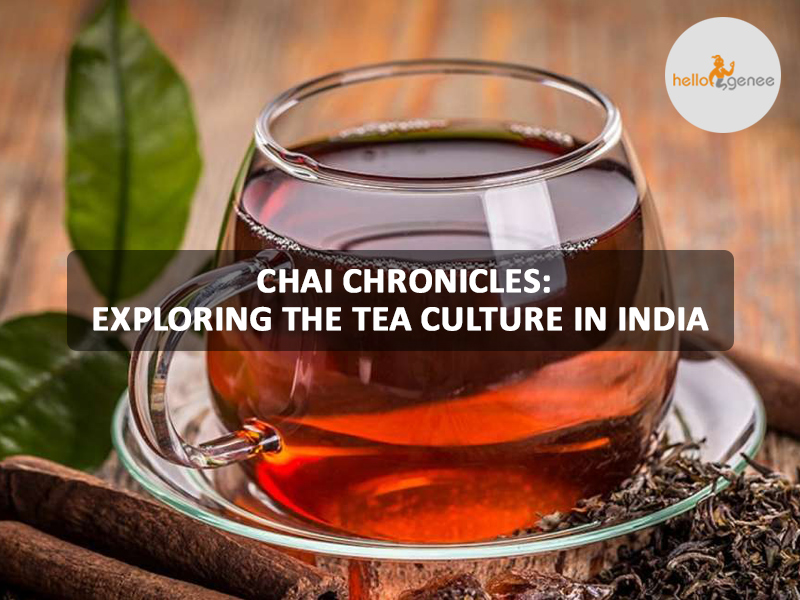
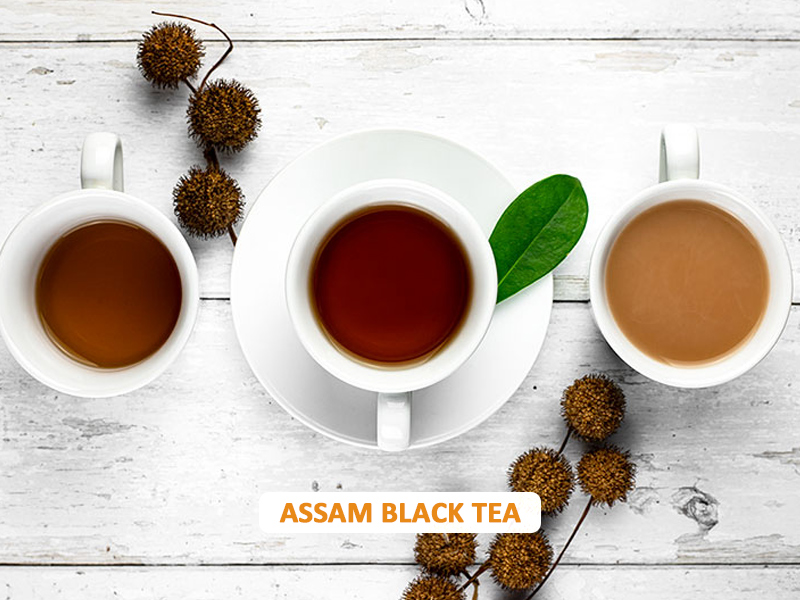
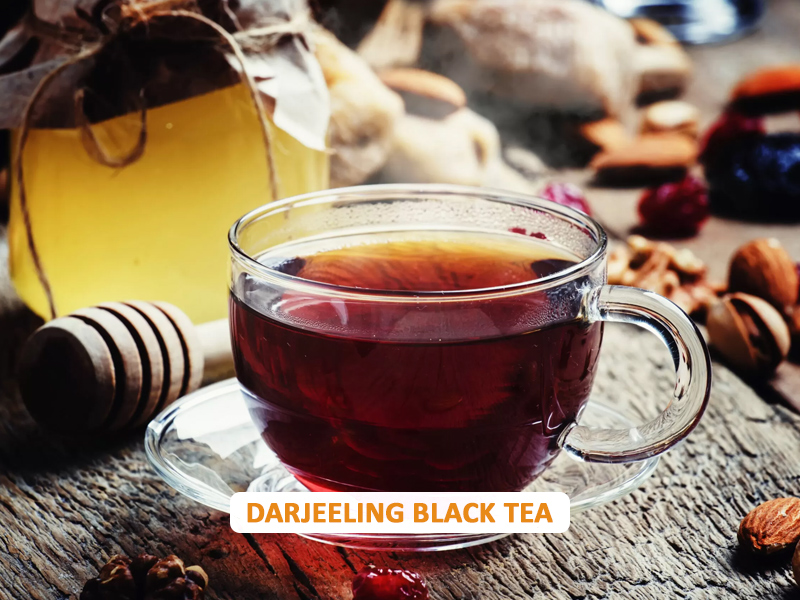
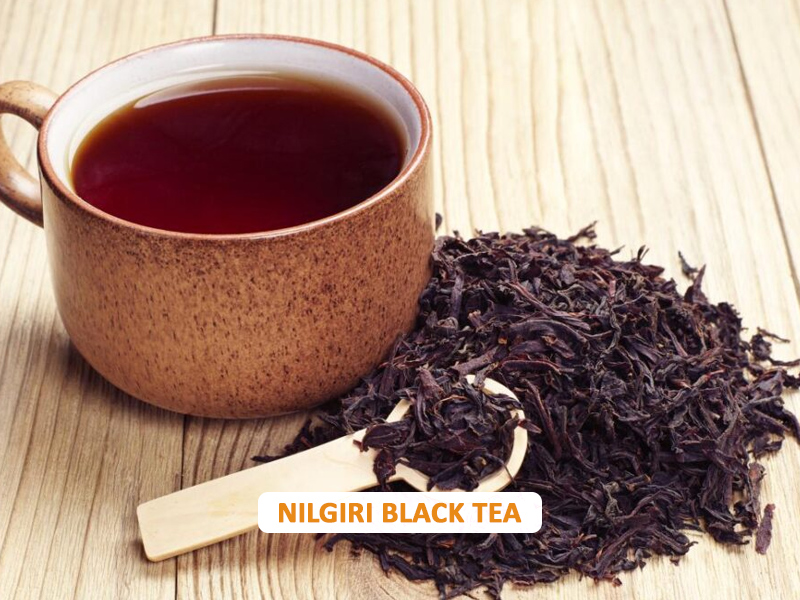
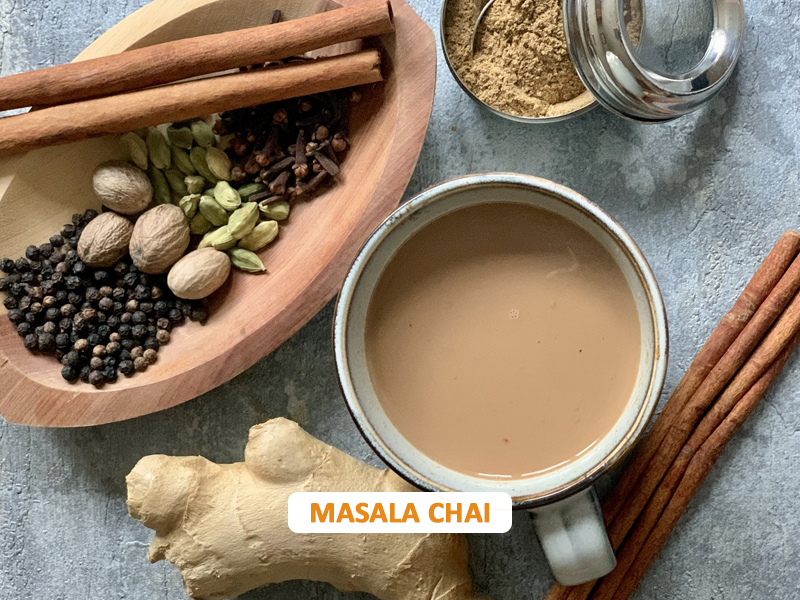
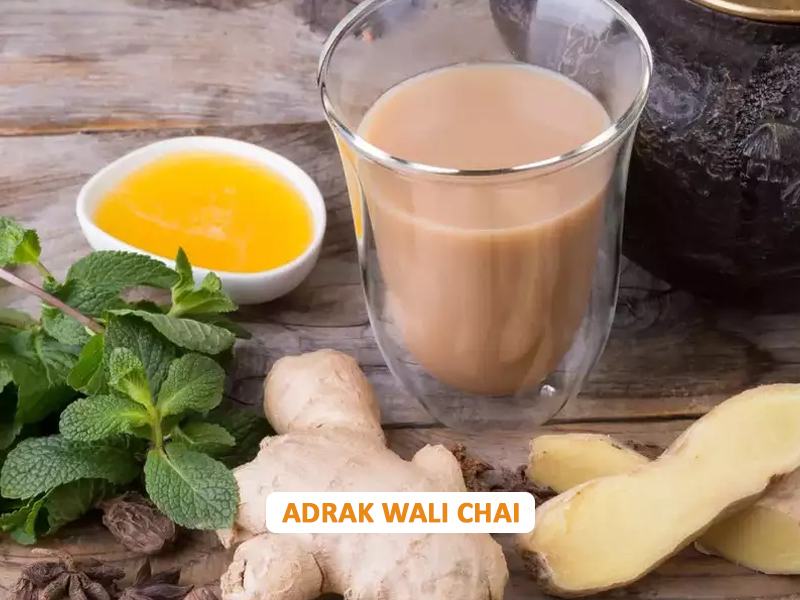
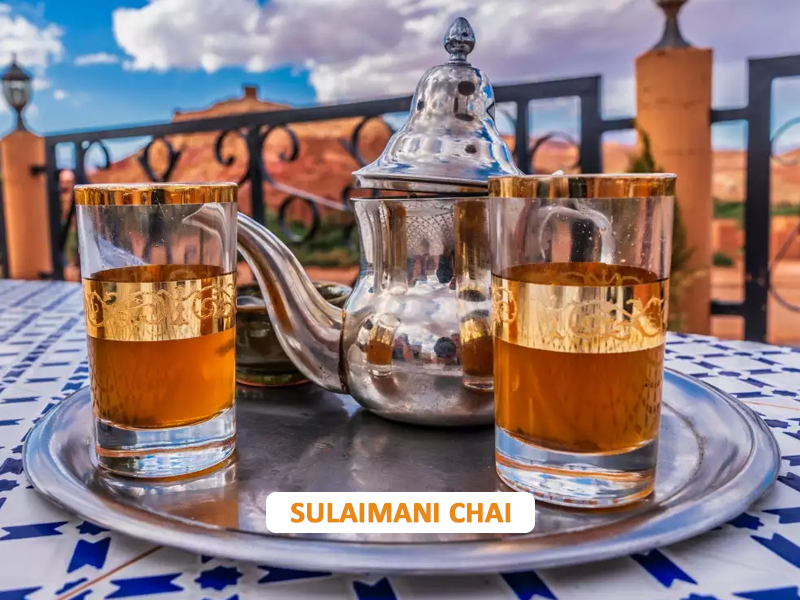
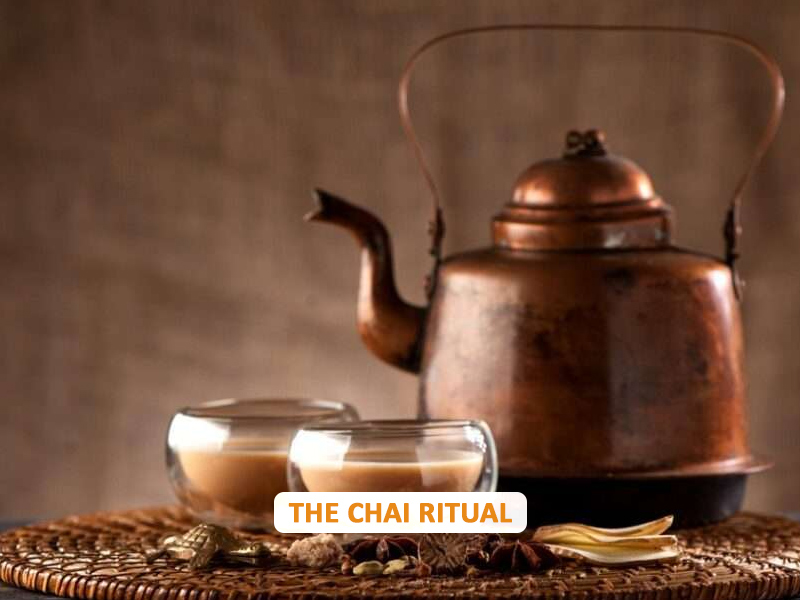






Comments